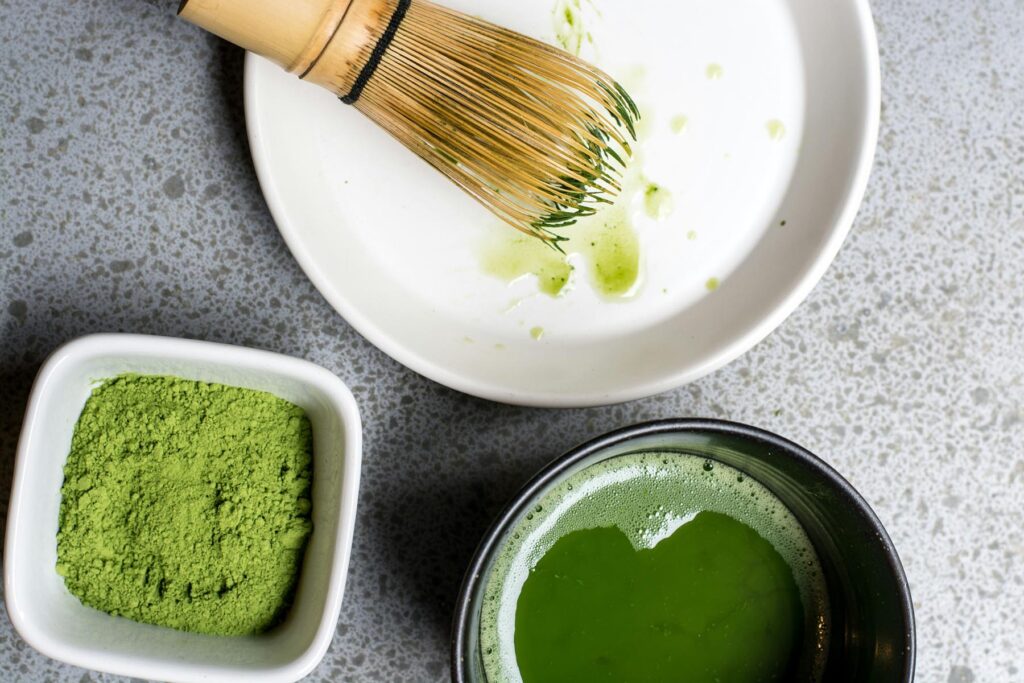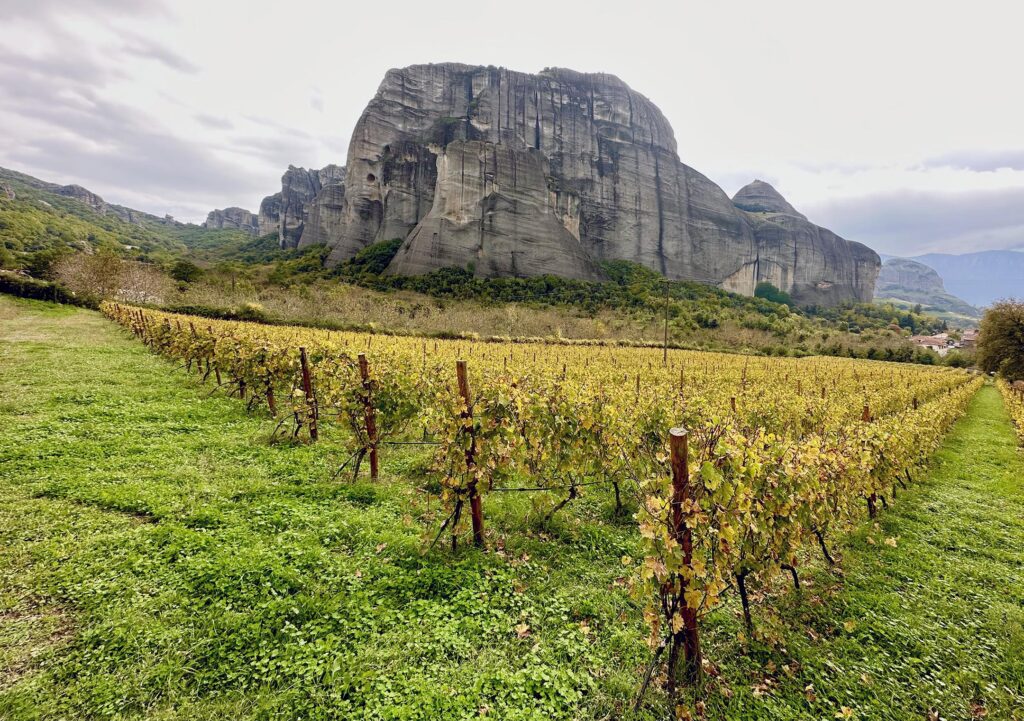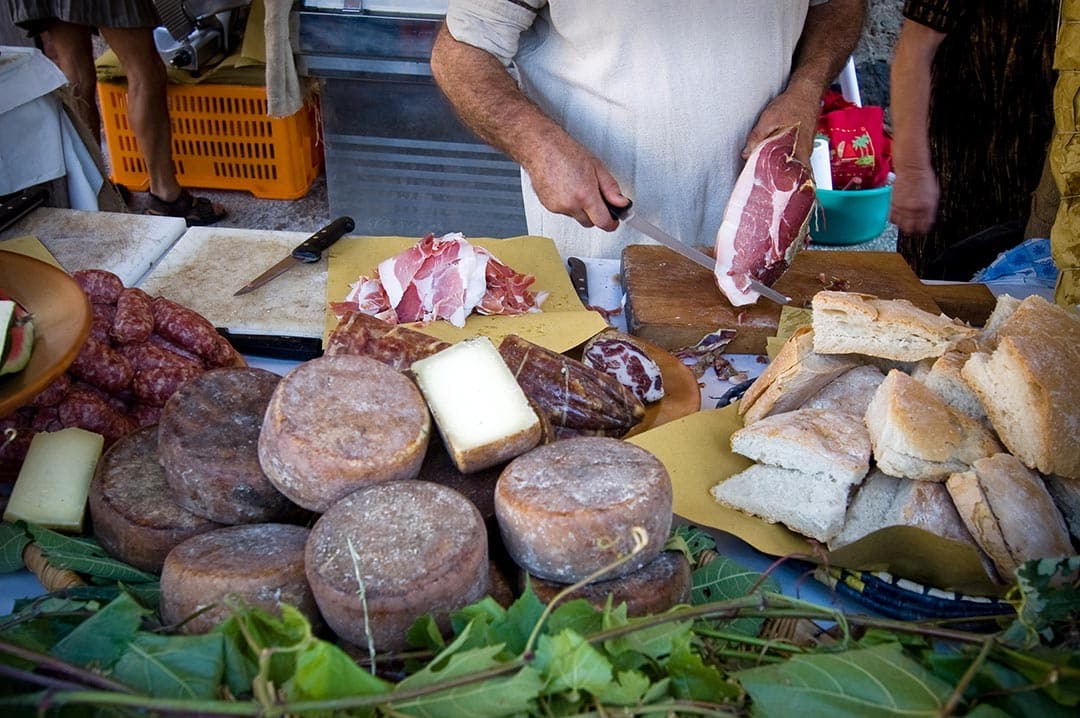
Culinary vacations can be fun and engaging ways to improve your culinary skills and expand your knowledge of different cuisines. These types of trips allow travelers to explore different cuisines, wines, and ingredients. Participants can sample local dishes and drinks, learn about other cooking techniques, and gain insight into the history and culture of the destination. They allow you to immerse yourself in and better understand local culture and customs.
Before you set out on your next culinary adventure, be sure to do your research! Start by making a list of the places you would like to visit and what foodie experiences you want to explore there; for example, you might jot down Italy, Greece, Morocco, and local markets, restaurants, wineries, food festivals, etc.
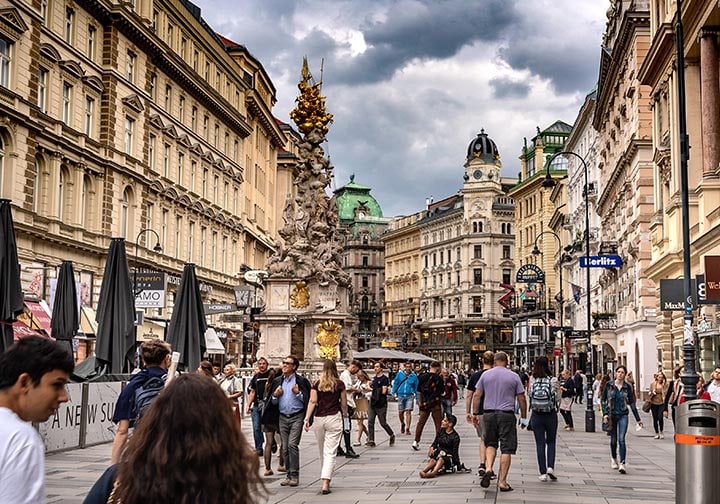
Once you have that list, here are the top 10 things you should consider when planning your next culinary vacation carefully:
1.) Budget: When planning any trip, it is best to start by determining your total budget before you begin searching for locations and experiences. This includes your transportation, accommodation, travel insurance, food, activities, and souvenirs. Culinary vacations can vary widely in cost, depending on the destination, the type of culinary experience you’re looking for, the length of your trip, and your accommodation preferences, so it is important to set a budget and plan accordingly. Some culinary vacations can be expensive, particularly if you’re staying in high-end accommodations and participating in exclusive experiences. For example, a week-long cooking retreat in a luxury villa in Tuscany may cost several thousand dollars per person. However, there are always less expensive options, such as taking a food tour or signing up for a cooking class for a day or two.
2.) Destination: Once you have a budget for your trip, it is time to start thinking of where you want to go. You already made a broad list, now narrow it down. Do some research on your selected destinations and their culinary reputations. Are you interested in experiencing the local cuisine or learning how to cook it yourself? Look for places well known for their food and drink culture, maybe regions or cities known for a particular cuisine.
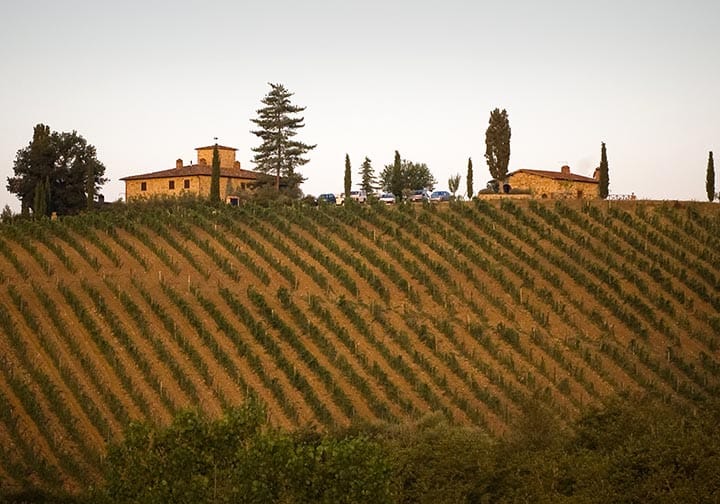
3.) Time of year/Seasonal ingredients: Pay close attention to the time of year you want to travel and how that may affect your culinary experiences. Remember that some foods and ingredients are only available at certain times of the year, so you will want to plan your trip accordingly. The best time of year for a culinary vacation will depend on your chosen destination and the culinary experiences you seek. To experience the freshest, most flavorful ingredients, you will need to plan your trip around the local seasons. For example, if you’re interested in Italian cuisine, you may want to visit during the summer when tomatoes, basil, and eggplant are in season.
4.) Transportation: Before you select a location, you want to know how you will be getting around, whether by car, public transportation, or walking. If you do not speak the local languages, you must prepare for that and how it may impact your travel.

5.) Accommodations: Remember that popular destinations may be crowded during peak travel season, making it harder to get reservations and can detract from the overall experience. Consider traveling during the shoulder season (just before or after peak season) for a more relaxed atmosphere. The best accommodations to select for your trip should be centrally located and convenient for exploring the local cuisine and participating in culinary activities. Look for hotels or vacation rentals that offer cooking classes, food and drink-themed activities, or easy access to local markets and restaurants.

6.) Weather: The weather may impact your culinary experiences along with time of year. Make sure to consider the weather patterns in your chosen destinations. For example, if you plan to visit a hot and humid destination, you may want to avoid the height of summer when it’s too hot to enjoy your culinary experiences fully.
7.) Dietary restrictions: Dietary restrictions can significantly impact culinary travel, but they don’t necessarily have to limit your experience. This could mean avoiding certain ingredients or dishes or seeking out specific types of cuisine more accommodating to your needs. If you or any other travelers in your party have any dietary restrictions or preferences, be sure to research the local cuisine to ensure options that fit your diet. If you’re traveling to a destination where you don’t speak the language, it can be challenging to communicate your dietary restrictions. Consider bringing a card or document that explains your nutritional needs in the local language to make communication easier.
8.) Local food festivals and experiences: Many popular foodie destinations have festivals or events celebrating the local cuisine or individual ingredients. Be sure to check local calendars to see if any events are happening during the time of year you plan to visit.

9.) Cooking classes and workshops: Cooking classes and workshops are extremely popular vacation experiences. They allow you to learn new skills or techniques hands-on with a professional guide. They also allow you to immerse yourself in the culture, meet other travelers and locals who share your love of cooking and food, and give you new skills that you can bring home to continue your culinary experience long after the vacation has ended.
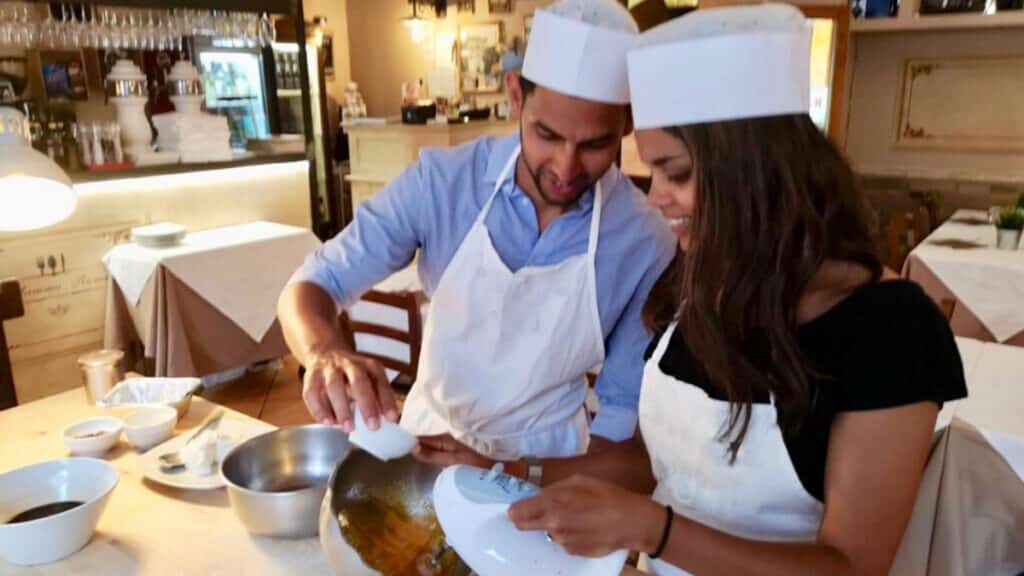
10.) Local food tours and tastings: Like classes and workshops, tours and tastings are also very popular to immerse yourself in another culture and its cuisine. By trying dishes at local restaurants and markets, participants can experience the flavors and textures of the destination in a unique and immersive way. These tours and tastings are typically guided by an expert, allowing for significant social interaction; they are also convenient and fun ways to explore the local cuisine without having to research on your own. Participants can often visit several locations in one tour, making the most of their vacation time and budget.
Culinary vacations provide delicious and memorable experiences. Keeping these 10 things in mind when planning your next trip will help you get the most out of your culinary vacation.
Where are your favorite culinary destinations? Why? Let us know in the comments!


